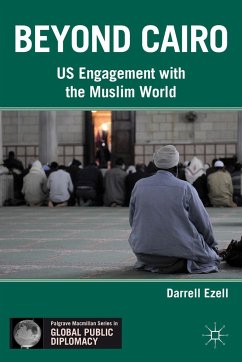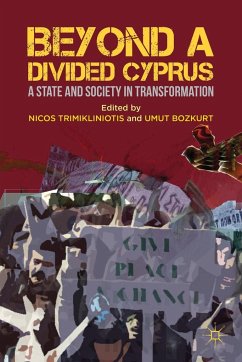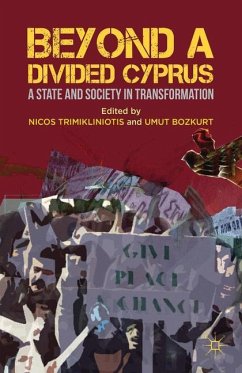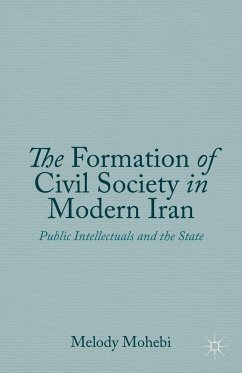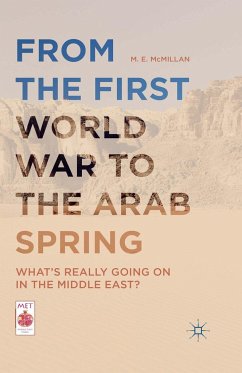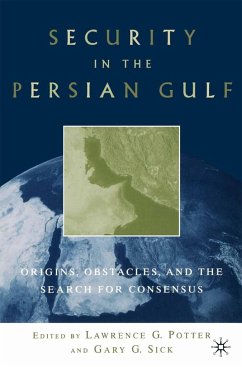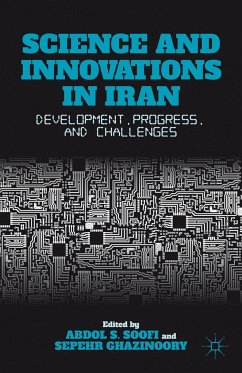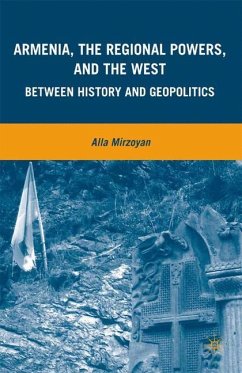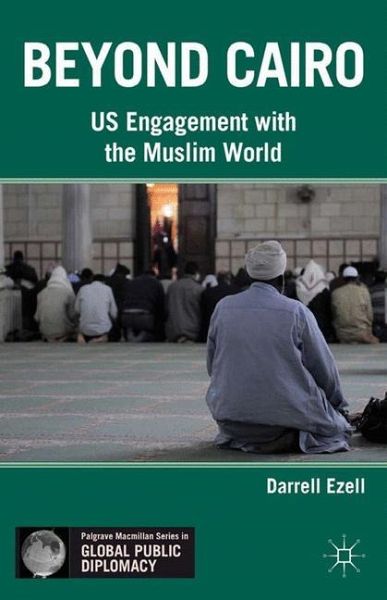
Beyond Cairo
US Engagement with the Muslim World
Versandkostenfrei!
Versandfertig in 6-10 Tagen
38,99 €
inkl. MwSt.
Weitere Ausgaben:

PAYBACK Punkte
19 °P sammeln!
The US's once-enthusiastic commitment to restore trustworthy relations with the Muslim world has dwindled considerably since Obama's 2009 Cairo speech. This book tackles Washington's lagging engagement with the Muslim world and provides a roadmap for how the US can use public diplomacy to re-engage it.





